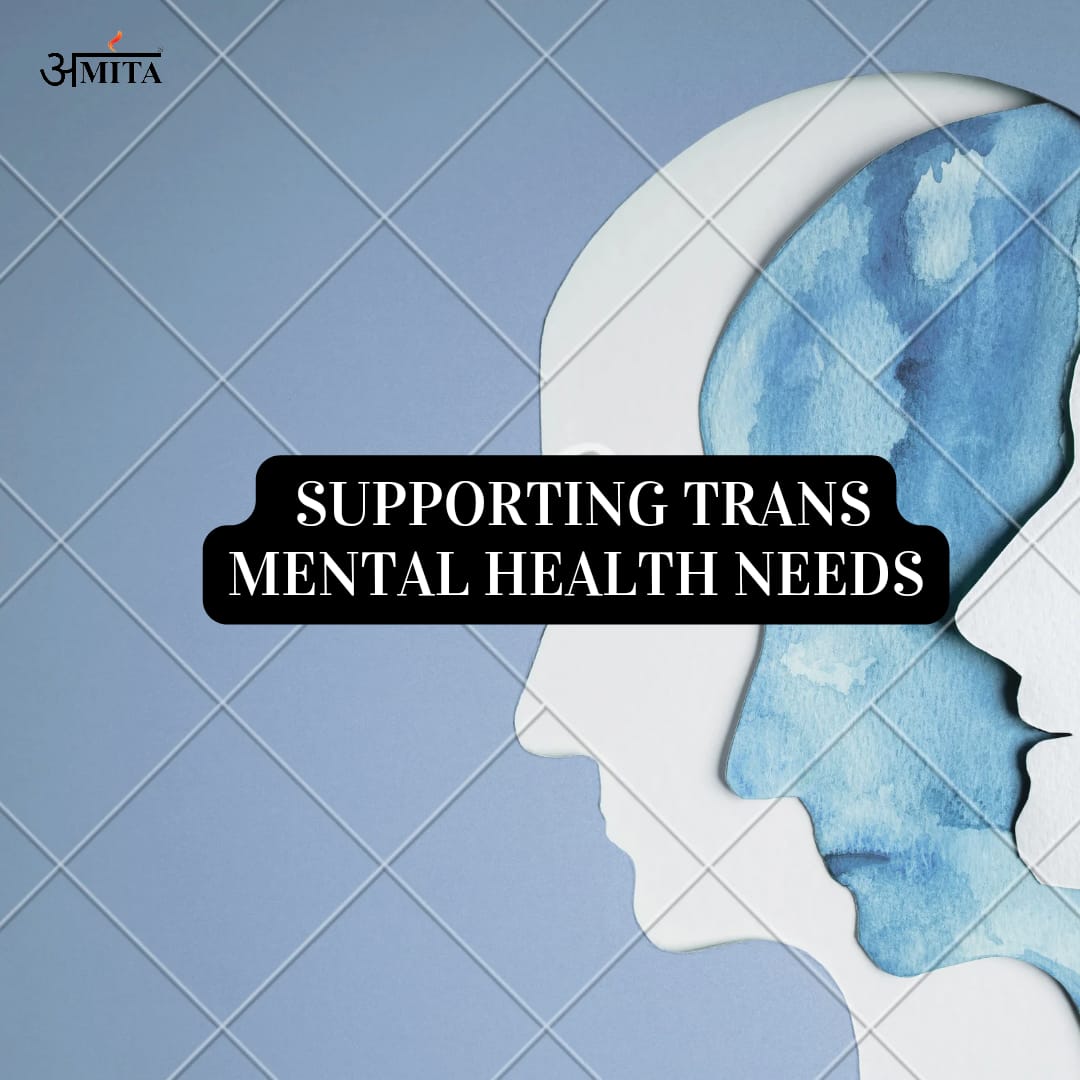
While gender dysphoria (distress from a mismatch between gender identity and assigned sex at birth) is a common experience for transgender individuals, it’s not the only hurdle impacting their mental health. Here’s a deeper look at the unique needs of the transgender community:
- Discrimination’s Toll: Facing prejudice, social isolation, and limited access to affirming healthcare can lead to anxiety, depression, and suicidal ideation. Addressing these root causes is crucial.
- Trauma and Resilience: Many transgender people experience trauma from coming out, rejection, and microaggressions. Mental health support needs to be trauma-informed and focus on building resilience.
- The Power of Affirmation: Gender-affirming healthcare, social support networks, and acceptance from loved ones can significantly improve mental well-being.
Taking Action for Positive Change:
- Therapy with Understanding: Seek therapists trained in LGBTQ+ issues who understand the specific challenges faced by transgender individuals.
- Building a Support System: Connect with LGBTQ+ support groups or online communities to find empathy and belonging.
- Self-Care Matters: Prioritize healthy coping mechanisms like exercise, mindfulness, and creative expression to nurture emotional well-being.
- Breaking the Stigma: Openly discussing mental health within the transgender community can help normalize seeking help and reduce feelings of isolation.
A World of Support:
Remember, you are not alone. By addressing the specific needs of transgender mental health, creating safe spaces for open communication, and dismantling the stigma around mental health, we can foster a world where everyone can access the support they need to thrive.
Kanishka
